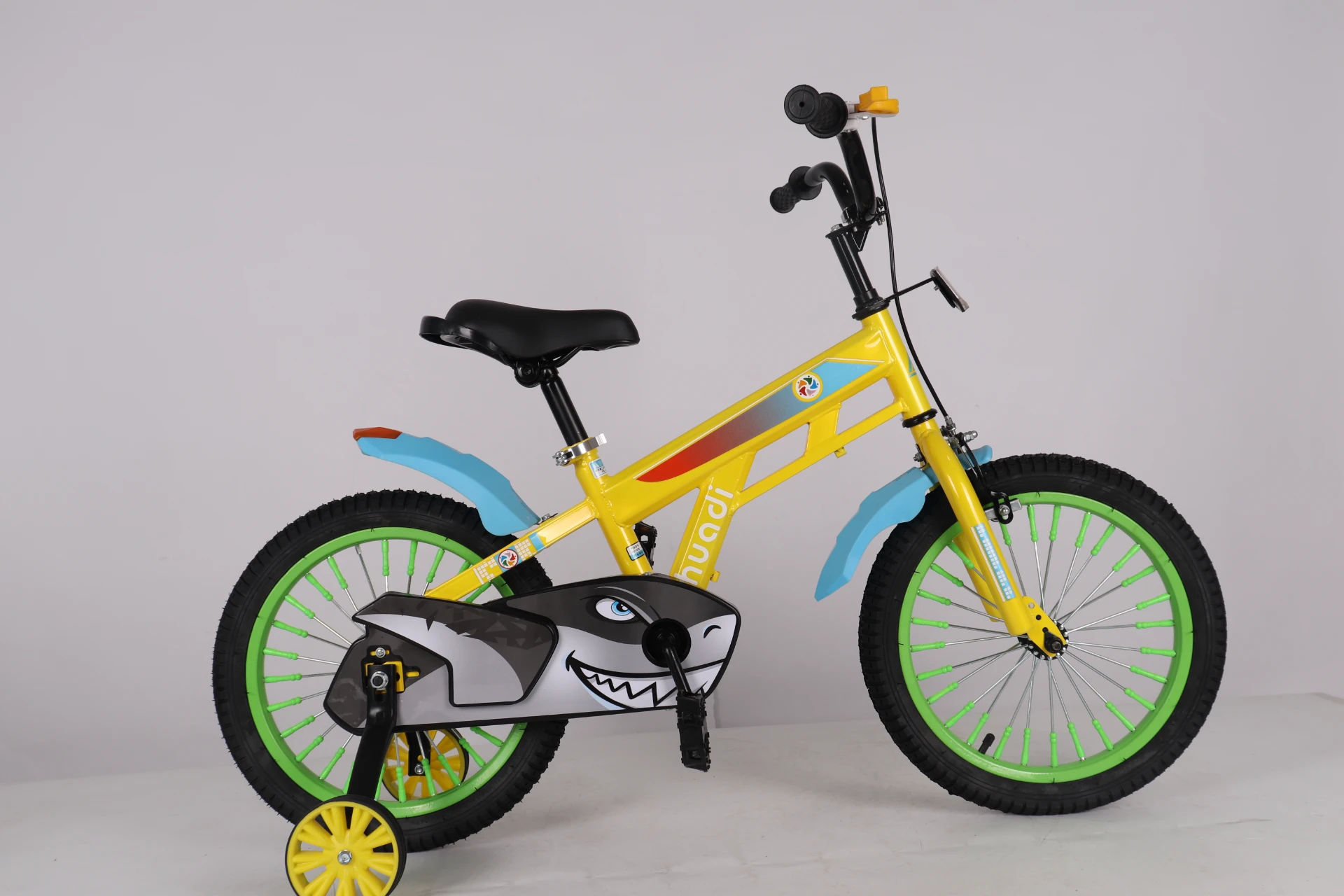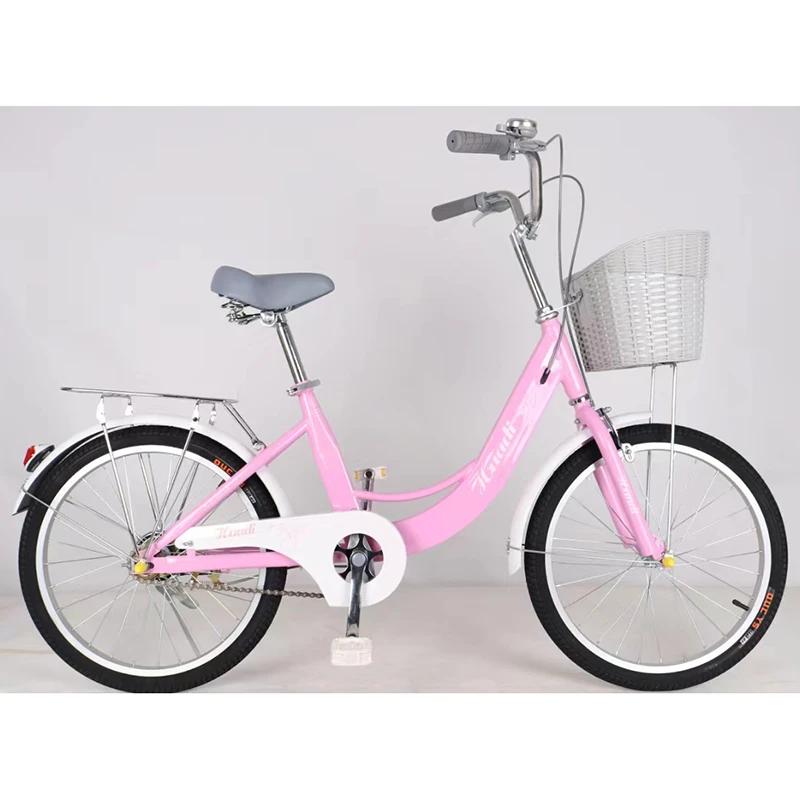scooter age 3
The Evolution of Scooters Understanding Scooter Culture Through Age and Innovation
Scooters have evolved from a simple form of transportation into a cultural icon that represents freedom, mobility, and fun. The journey of scooters spans over a century, but the phenomenon we see today under the banner of scooter age has taken on new meanings and relevance in modern society. In this article, we will explore the various facets of scooter age, focusing on its historical development, the rise of electric scooters, and the cultural implications of their resurgence.
The Evolution of Scooters Understanding Scooter Culture Through Age and Innovation
Fast forward to the 21st century, and we see the emergence of electric scooters. The rise of eco-consciousness and the need for alternative transportation methods fueled innovation in the scooter industry. Cities began to adopt electric scooters as part of their public transport systems, leading to a significant cultural shift. As these scooters rolled out onto the streets, a new demographic, predominantly young adults, embraced this mode of transport. The phrase scooter age took on new meaning as it signified accessibility, ease of use, and convenience—the hallmarks of modern urban living.
scooter age 3

Scooter-sharing programs have contributed to the scooter age, providing individuals with immediate access to electric scooters without the need for ownership. This trend aligns with the rise of the sharing economy, which prioritizes accessibility over ownership. Users can simply download an app, locate a scooter nearby, and hop on for a ride—making it a popular choice for short commutes and leisurely adventures alike. However, with convenience comes challenges, including municipal regulations, safety concerns, and urban congestion—issues that cities around the globe are actively addressing as they work to integrate scooters into their public transport systems.
Culturally, scooters have transcended their practical purposes to become symbols of individual freedom. In cities like San Francisco, Berlin, and Paris, electric scooters are more than just a way to get around; they represent a lifestyle choice. They embody a rejection of car culture, a move towards sustainability, and the thrill of urban exploration. Social media further amplifies this cultural narrative, with influencers and everyday riders alike sharing their scooter experiences online. The imagery of individuals zipping through city streets on brightly colored scooters captures the essence of spontaneity and adventure, reinforcing the brand identity of emerging scooter companies.
In conclusion, the concept of scooter age encapsulates not just the evolution of the scooter as a vehicle but also its increasing prominence within our collective culture. From humble beginnings as children's toys to becoming key players in urban mobility solutions, scooters have adapted to meet the changing needs and aspirations of society. As we look to the future, it is clear that scooters will continue to play a vital role in shaping urban landscapes, driving innovation, and fostering a culture centered around mobility, sustainability, and freedom. Whether for leisure or transport, the scooter age is here to stay, embodying the spirit of a generation that values both efficiency and adventure.
-
Unleash Your Adventurous Spirit with All Mountain BikesNewsOct.31,2024
-
The Perfect Ride for Your Little Ones: Kids TricyclesNewsOct.31,2024
-
The Joy of Riding: Quality Kids Mountain BikesNewsOct.31,2024
-
The Excitement of Kids Scooters – Choose Your Adventure!NewsOct.31,2024
-
Kids' Bikes: Find the Perfect Ride for Your Little OnesNewsOct.31,2024
-
Experience the Fun of Swing CarsNewsOct.31,2024
-
Why a Giant Bike for Kids is a Top ChoiceNewsOct.24,2024








